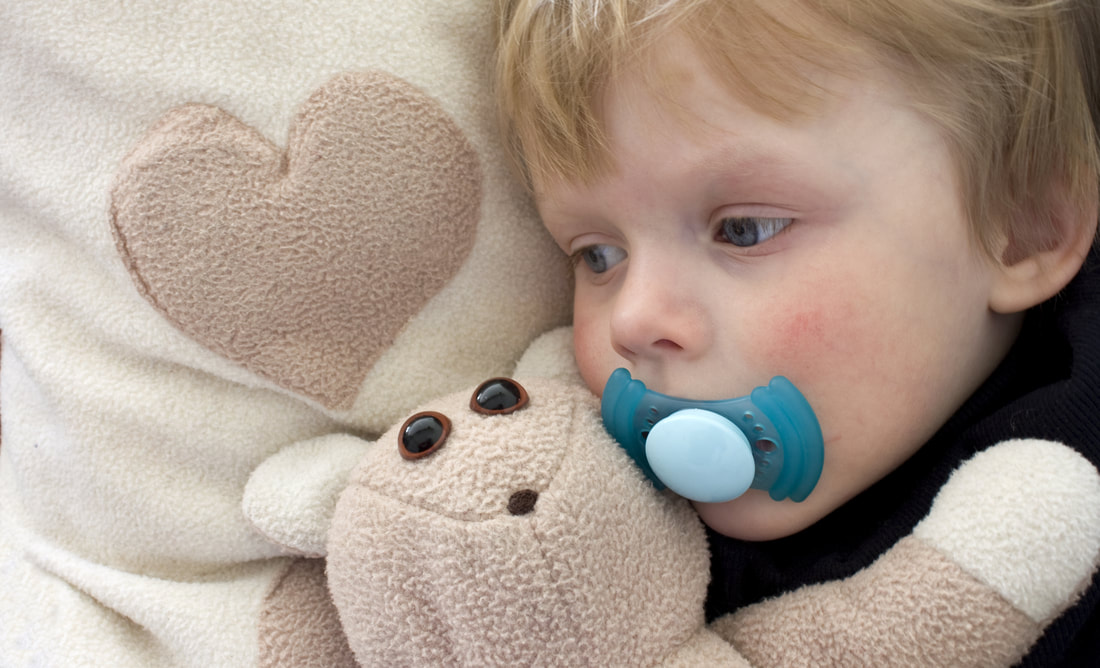Honoring Diversity in Families |
Page 6 |
Some very important learning occurs during the first few years of life. For example, young children are learning how to interact with peers and adults, how to express their emotions, and how to express independence. All of these behaviors are influenced by culture. Culture refers to the shared experiences and history of different groups of people. Cultural differences may include differences in views of family and community, expectations of children, roles of parents, and value placed on education.
Culture is a significant factor in the ways families raise their children and how you interact with children. Examine your own cultural experiences and consider how these experiences affect your practice with children and families. Each individual brings specific values, beliefs and assumptions about child rearing and development to their work.
|
In almost every type of early childhood program routine you perform, your values about it were shaped by your childhood and training. As you work with children and families, it is important to recognize your values and beliefs and the ways in which they are communicated.
For example, a parent might expect his child to use a pacifier at nap time, and you expect a child to stop using a pacifier during the toddler stage.
|
Sometimes, you might feel unsure about how to care for a child or how to engage families who have very different experiences and cultures, including those who speak an unfamiliar language or who have unfamiliar religious customs. You can acknowledge differences and demonstrate an interest in the family in an effort to build relationships and learn ways to provide support to the child in your care. For example, you can learn how and when families share meals, which is influenced by culture and affects development.
Being a responsive early childhood teacher means that you demonstrate sensitivity and consideration for the multiple backgrounds, experiences, values, and contexts in which children and families live. Awareness of diversity brings the understanding of the way we act and what we believe can be different from the way other people act or what other people believe.
The ways in which children are viewed, touched, disciplined, taught, and spoken to are all deeply influenced by families’ systems of beliefs and behaviors. These may be different from the child caregiver’s own values and beliefs but are not less valid. Children’s feelings about themselves also originate from their families’ beliefs, which have a lifelong impact on development and learning. While educators may know a lot about child development, families must be recognized as the experts on their individual child.
High quality care for children can only be achieved when families are treated with respect and acknowledged as their child’s most important teacher.



